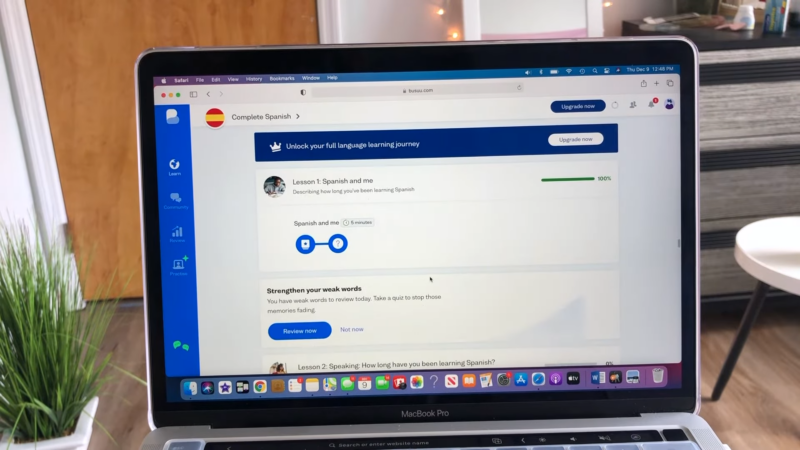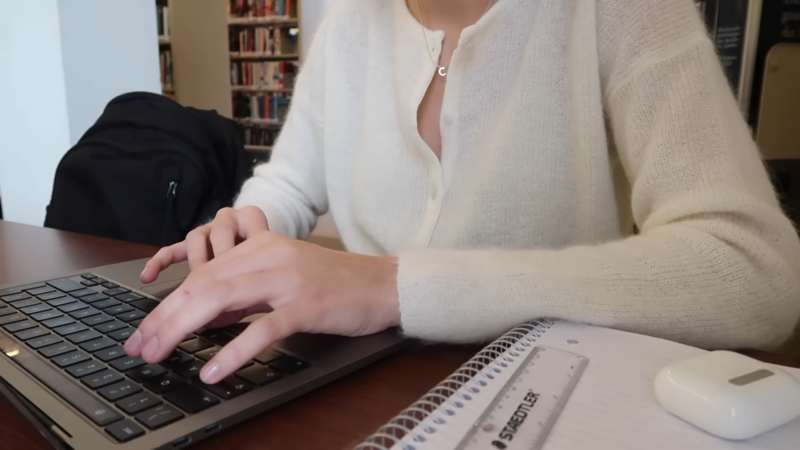If you’ve ever marveled at how someone can fluently converse in three, four, or even more languages, you’re not alone. I’m here to share insights into the world of polyglots, people who’ve made language learning their passion.
Many of my colleagues are polyglots, so over the years, I’ve learned a lot about their learning methods and approaches. Today, I will share some with you.
Key Highlights
- Polyglots thrive on a passion for languages, leveraging personalized learning strategies and different resources.
- Embrace mistakes and focus on the practical use over grammar rules when learning multiple languages.
- Consistent practice, immersion, and communication are crucial for mastering multiple languages.
Who Are Polyglots, Really?
Imagine being able to switch from English to Japanese, then to Russian, and maybe throw in some Swahili, all in the same conversation. That’s a day in the life of a polyglot.
They’re individuals with a knack for languages, often fluent in three or more. What drives them isn’t just the need to communicate but a deep-seated love for the art of language itself.
Cultivating a British accent adds another layer of linguistic finesse for those who aspire to master the intricacies of English pronunciation.
A Unique Breed
Polyglots often treat language learning like a collection, similar to vinyl enthusiasts with records. Their approach is not just academic, as they often blend curiosity, hobbyism, and sheer joy in this particular niche.
The Polyglot’s Toolbox

When it comes to learning, polyglots don’t stick to one method. They mix interactive and receptive resources and lean into authentic materials. Online platforms are a hit, offering tools and communities that contribute to the whole process. Here are a few nuggets of wisdom from the polyglot playbook:
- Embrace language apps and online platforms for their versatility and support.
- Engage with tutors for specific learning experiences.
- Practice relentlessly and immerse yourself in the language as much as possible.
- Start with mastering the alphabet to build a solid foundation.
- Keep faith in your learning process, understanding that each step brings you closer to fluency.
Discovering Your Language Learning Recipe
While it’s tempting to copy a polyglot’s strategy, keep in mind that finding your own path is key. What works for one may not suit another. Language learning is deeply personal, and I suggest you build your strategy based on your goals, interests, and lifestyle.
The Process Can Be Challenging

Patience and persistence are your best friends on the road to becoming multilingual. Polyglots stress the importance of enjoying the journey, acknowledging that mistakes are part of learning, and focusing on relevant vocabulary before getting bogged down by grammar rules.
Grammar
Instead of starting with complex grammatical structures, I suggest you try learning practical sentences and phrases. Grammar will make more sense as you get more exposure and practice.
Various tools can help you personalize learning experiences, which makes the process efficient and modified to your needs.
The Role of Active Listening and Spaced Repetition
Listening to your target language actively and often can significantly boost your understanding and fluency. For example, I found that watching foreign movies without subtitles can really make a difference.
Combine this with spaced repetition, a technique that helps in memorizing vocabulary and phrases by reviewing them at increasing intervals, and you’ll see remarkable progress. Another excellent way to improve is to communicate the language you plan to learn. Communication is by far the best method to get your brain used to thinking in certain languages and doing so actively.
Learning from Polyglots

While the idea of fluently speaking multiple languages might seem challenging, polyglots show us it’s entirely achievable. My polyglot friends usually highlight the importance of:
- Prioritizing language learning as a personal and enjoyable journey.
- Utilizing a variety of learning materials and methods.
- Engaging with the language daily through different mediums.
- Not fearing mistakes but learning from them.
- Being patient and trusting in the gradual process of language acquisition.
Now, the part I especially believe to be true is “not fearing mistakes.” Everyone makes mistakes, even the native speakers. You should give yourself a chance to go through trial and error. It is one of the most effective methods for adequately learning the language.
Social Skills and Language Aptitude
It’s not all about books and apps. Polyglots often have strong social and interpretive skills, which allows them to learn new languages with relative ease. Their ability to decode and interact within different cultural contexts is as crucial as their aptitude for language structures.
How to Craft Your Polyglot Strategy

Here’s a roadmap to get you going:
- Set Clear Goals: Define why you want to learn languages and what you aim to achieve. This clarity will guide your efforts.
- Choose Your Tools Wisely: From apps to books to online tutors, select resources that match your learning style and goals.
- Create a Routine: Consistency is key. Dedicate time each day to language learning, and stick to it.
- Seek Real-Life Practice: Engage in conversations, join language exchange meetups, or travel. Real-world use of the language cements your skills.
- Reflect and Adjust: Regularly assess your progress. What’s working? What isn’t? Be ready to adjust your strategy as you evolve.
Final Thoughts
If you’re inspired to expand your linguistic repertoire, remember that becoming a polyglot is something that requires curiosity and resilience. Explore languages that intrigue you, find methods that suit your style, and connect with others who share your enthusiasm.
Each path to polyglotism is unique and filled with discoveries and challenges that make the whole process rewarding. As we’ve seen, the polyglot approach isn’t about speed or competition but about a deep appreciation for the suggestions of language and culture.
So, take your time, enjoy the ride, and celebrate every new word, phrase, and conversation as a step closer to your goals.
I’m Ravi Prasad. I am a professional Italian and French translator. I’m currently learning Scottish and how it differentiates from British, and I believe people can benefit from my language learning experiences.
Related Posts:
- 6 Cultural Faux Pas to Avoid While Learning New Languages
- Learning Spanish Alphabet Pronunciation (With Sound)
- Top 10 Books for Learning German Language - Improve…
- Introduction to Beginners German - Your First Steps…
- How to Choose the Right Language Learning Method?
- Comparing the Top 5 Language Learning Apps of the Year: 2024

